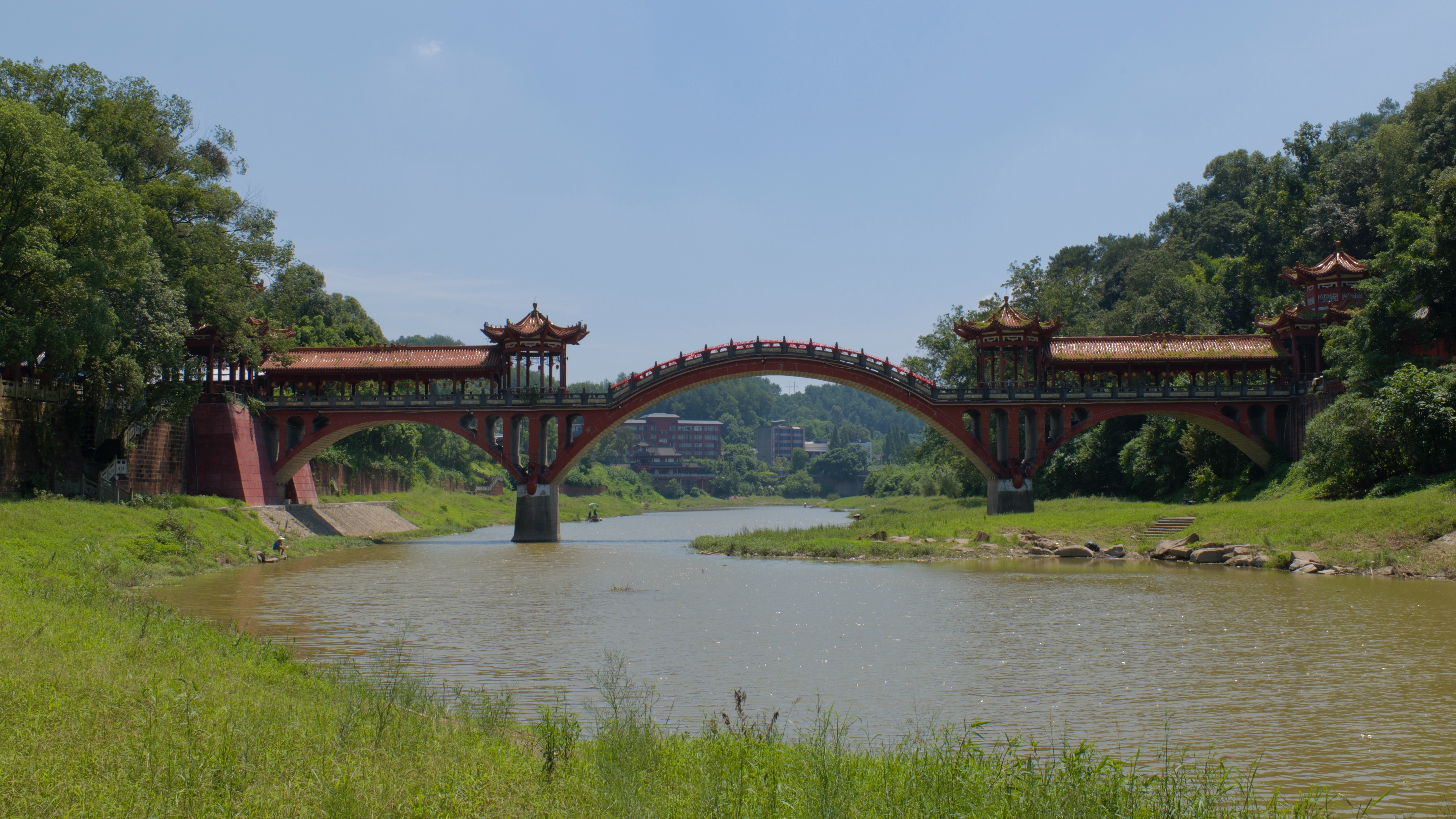The Economy of Infrastructure Events in Late Imperial Fujian
Part of project The Lives and Afterlives of Imperial Material Infrastructure in Southeastern China (InfraLives)
Dr. Sander Molenaar, a postdoctoral researcher in InfraLives, collaborates with Dr. Hou-leong (Brent) Ho at Berlin State Library, the PI prof. Dr. Hilde De Weerdt, and members of the ERC team at KU Leuven on the development of the event-based annotation of inscriptions on city walls and bridges. The event-based annotation method is designed to accommodate critical analysis of infrastructure events including construction, destruction, renovation, and failure, and can be flexibly adapted for broader use in other digital humanities projects (see infrastructurelives.eu for more information on the project aims).
He is working on an article on broader patterns in the economy of infrastructure in late imperial Fujian, based on comparative spatial analyses of infrastructure events in late imperial China, as well as another article that provides an in-depth, case-study exploration of the role infrastructure played in the making and undoing of social relations in this region.
InfraLives investigates the role of large-scale infrastructure in processes of regional and empire-wide integration, or the break-down thereof, in late imperial Chinese history (ca. 1000-1800) with a focus on the Southeast coastal areas. This project, conceived and led by Prof. Dr. Hilde De Weerdt, envisages a systematic longue-durée analysis of the social history of material infrastructures and to this end is developing a highly innovative event-based digital annotation method.
InfraLives is sponsored by the Dutch Research Council (NWO, Open, no. 406.20.HW.006) and operates in tandem with the project Regionalizing Infrastructures in Chinese History, sponsored by the European Research Council (Horizon 2020, ERC Advanced Grant No. 101019509) and led by Prof. Dr. Hilde De Weerdt at KU Leuven.



